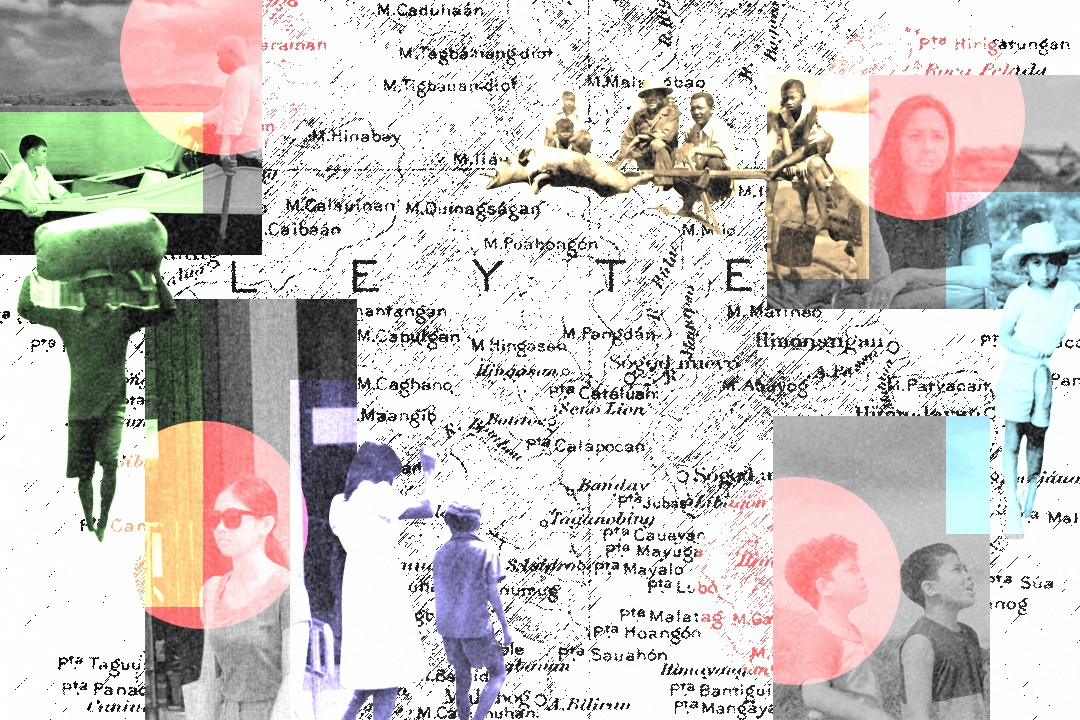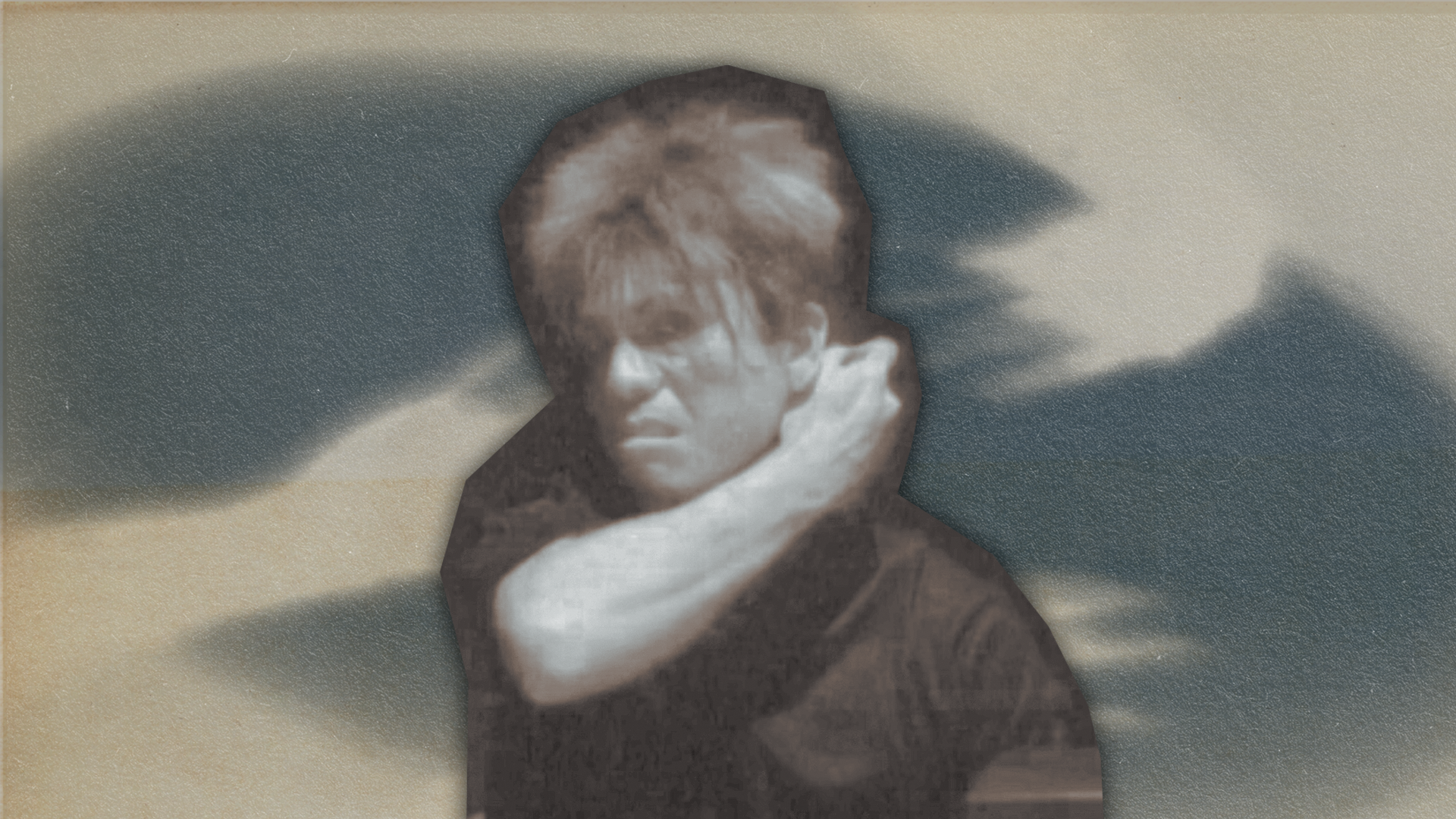Remembering 'Aswang': An Archive of Voices That Never Were
Remembering 'Aswang': An Archive of Voices That Never Were
Feature art by Abigail Manaluz
Power preceding integrity—is what defined former President Rodrigo Duterte's war on drugs and how it should continue to be remembered. It was never just a provocative campaign; it was a full-throated display of ego, where not only virtue but lives themselves became casualties. All of which is made all the more repulsive seeing that it was under the watch of a tyrant whose ambitions and promises were dwarfed by his blistering masculinity and relentless, dirty-mouthed rambles. Brazen in blackmails and sexual innuendos, Duterte was never afraid of controversy and seemed more keen on doubling down whenever he had the chance.
Alyx Ayn Arumpac’s 2019 documentary Aswang cuts through the fog, making the stark reality irrefutable. Drawing from various reports and testimonies, it highlights the widespread killings, or tokhang operations, under the Duterte administration. Given that the documentary was released three years before Duterte stepped down, the truth is just as elusive as it is difficult to bear.
Still from Aswang.
Surprises do little to mask the fact that when many victims' lives were forcefully snatched away by extrajudicial killings, Duterte’s response was one of self-mythology, marking large numbers as a great reflection of success. Even his death threats were televised and recorded with such "patriotic" posturing that he carried his words with unmatched confidence and charisma. Had those two traits been directed into a nobler cause, they might have breathed life into a renewed resolve that the people needed instead of snuffing it out without hesitation.
These facts had already been brought to the surface at the start of his presidency in 2016 and, after nine years, were only reinforced by this year's issuance of an International Criminal Court (ICC) arrest warrant against Duterte. By the end of his regime, the Philippine government reported a total of 6,248 deaths resulting from the anti-drug campaign. Yet, according to more recent findings, the officially reported figures may represent only about 20 percent of the actual killings, as the ICC prosecutor has estimated that as many as 30,000 people may have been killed by police or unidentified assailants over the years.
Numbers are just fickle representations at the end of the day, so what documentaries like Aswang provides is a humanization of data through firsthand experiences from mourning relatives, funeral workers, and impoverished youth, set against the backdrop of the city and its bustling streets. A mother who can't even bear to attend to her son, and unofficial prisoners hidden away in cramped secret rooms — all victims of bottomless losses in their own ways, yet never finding relief from fear and frustration. Capturing these moments during such a delirious time in the country becomes, in itself, a brave attempt to salvage even the smallest peace.
Arumpac's discerning blend of detail and emotion extends further than this. Though weighty, the documentary keeps one eye open to abstraction, even as its narratives sink their teeth into the raw, flesh-and-bone texture of reality. It is poetically rich in its presentation, using Filipino folklore and superstition as a way to expose the underlying horrors of a society plagued by unchecked brutality. This familiarity announces itself through an understated, suffocating silence, presenting the oppressive ordinariness and the displacement of people living in the streets, while clustering these images with critiques expressed through the grammar of Filipino mysticism.
Still from Aswang.
Amid its figurative elements, Aswang still remains grounded by using the perspective of a young boy named Jomari as a unifying thread throughout the film. Jomari is a displaced youth and a close friend of Kian delos Santos, who was innocent but mercilessly killed during a police operation. When interviewed about his friend, Jomari seems to process the tragedy as just another direct symptom of their harsh circumstances, evident in the detached way he answers the questions, as if it's merely another ordinary day, drifting into the next. He navigates daily life in the slums while yearning to visit his mother, imprisoned for drug-related charges — the same charges that also led to his father’s death. He recounts these situations with unsettling casualness, which is so heartbreaking to witness. If children like him grow up seeing killing as an unavoidable tail of their marginalization, what is a government if not a ruthless enforcer of power?
In one brief radio interview, a police official claimed that drug dealing thrives more among the poor than the rich. This seemingly tiny statement unveils a disturbing truth: the system not only failed to address the roots of poverty but also knowingly exploited the vulnerable population, using the lives of the impoverished as an easy justification for violence and control. The rich were never subjected to the same scrutiny or punishment, leaving the marginalized to bear the full brunt of a government's premeditated negligence.
This fact blares even louder when the documentary reveals that blackmail and bribery of the victims were also part of the operations and even more sinister, when it shows they were imprisoned without valid authorization in spaces ill-equipped to manage detainees. Death itself feels almost eerily banal when hearing the victims speak; the real weight can be felt in their eyes, snarled with second-by-second anticipation, each glance hinting at a helpless plea. It’s horrifying to witness, to know that a reality endured where life was selectively disposable, but profit still loomed heavily on every decision.
Still from Aswang.
As devastating moments converge with relentless strain, it feels as if truth has been redefined as a liability, no longer a foundation for justice. If you know something, it’s best to keep it secret, because one’s life hangs in the balance not leveraged by knowledge, but endangered by it. By foregrounding the human cost of these atrocities, Aswang brings into narrow focus those typically rendered invisible by dominant, algorithm-driven media discourses. In doing so, the documentary powerfully constructs a lasting and reliable archive of memory, one that resists, with unbridled conviction, the normalization of brutality and the dehumanization of victims, ensuring that such violence does not continue unopposed.
Again and again, history is sanitized, for under the hand of perverted authority, every trace of the past proves easily malleable not to preserve memory, but as a yardstick to flaunt how long tyranny can live when carried by those who embody it. No cell can redeem a tyrant, least of all when his victims never even saw one. And with Aswang, we are made to remember exactly why. By refusing to look away, by denying statistics the ability to flatten suffering, Aswang pushes us to confront a truth that cannot be neatly consumed in one look. Memory here is rebellion — collective, loud, and never an open secret.




















